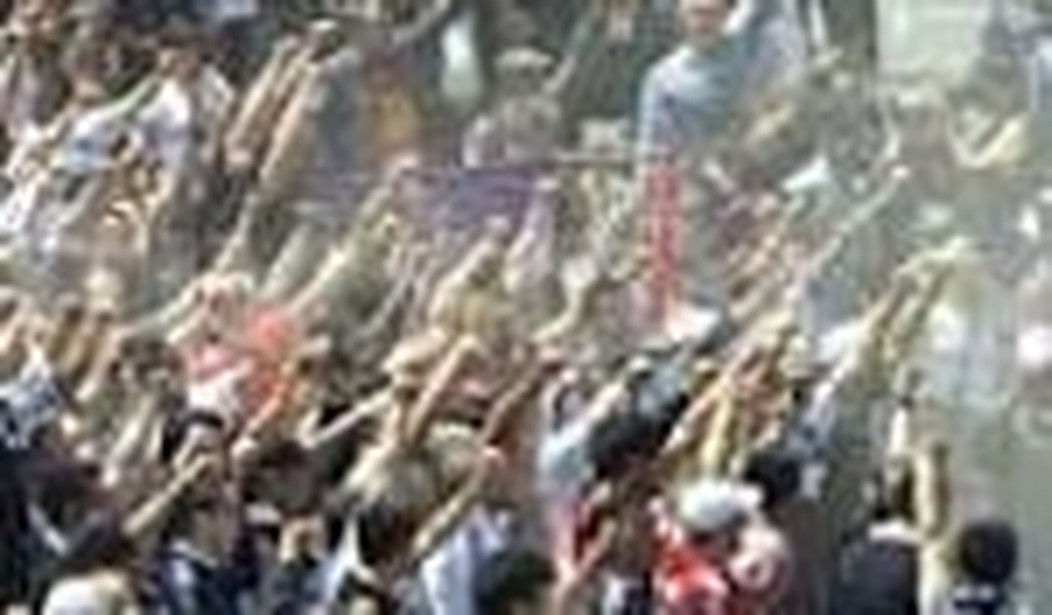This week, I watched police attack groups of people walking to Taksim Square on Istiklal Street, a pedestrian road with no vehicle traffic. The people had just exited a meeting where they discussed and protested the recent midnight action by the AKP-dominated parliament – the action stripped the Union of Turkish Architects and Engineers (TMMOB) of its right to be informed of, and have authority to review, all public projects and zoning changes.
The TMMOB has done a lot of public good since it was established by law as a nonprofit public organization in the 1930s. One of their recent challenges to the government involved going to court over Gezi Park to get a ban on the project there. Now that the control/inspection right has been taken from them, there is no hurdle to stop the government from proceding with any construction project they want, including building shopping malls and mosques in city parks.
Several issues arose regarding police and courts this past week. In the city of Eskisehir, a protester running away from police tear gas was caught by stick-wielding gangs and beaten to death. Police collected the security cameras in the relevant streets for the investigation; the tapes showed some other beatings. The recording of the death was also given to the police. By the time that video was handed over to the prosecutor, 20 critical minutes had been erased. Police say they did not do it; yet the hotel manager says it was intact when handed to the police and that his video system is operating normally.
It is widely known now that police and those rogue gangs work together. Some of them are actually police in civilian clothes, while others are just AKP thugs.
Cases of AKP sympathizers taking to the streets and attacking chapulcular with sticks, machetes, and even guns have increased. Recall the machete-wielding man: he was released by the judge to await trial, but an appeal to a higher court resulted in an order for his jailing. By this time he had already left the country.
Also last week, the constitutional court decided that holding someone under arrest for ten years before a verdict is reached is unconstitutional. That period is now limited to five years. When the decision was announced by the president of the high court in a news conference, he said the full written decision would be forthcoming soon, but courts may now proceed without waiting for it. So the lawyers for several “Ergenekon” defendants appealed for the release of their clients who have been in prison for more than five years waiting for a final verdict. Of course, the Ergenekon judges rejected the appeals, insisting they needed to wait for the high court decision to be published. So the defendants continue to wait.









Join the conversation as a VIP Member